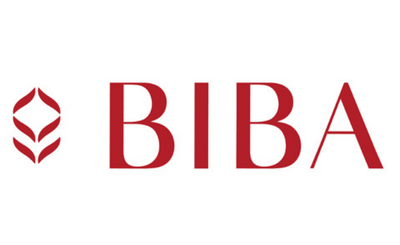 NEW DELHI: “MSME has been robbed of credit. If the government says (this sector) should be funded, the media says the government is working against the independence of RBI… Once this money is released, growth will pick up, consumption will pick up, savings will pick up, investment will pick up because it will be bottom-up driven economy rather than top-down economy like stock market.”
NEW DELHI: “MSME has been robbed of credit. If the government says (this sector) should be funded, the media says the government is working against the independence of RBI… Once this money is released, growth will pick up, consumption will pick up, savings will pick up, investment will pick up because it will be bottom-up driven economy rather than top-down economy like stock market.”
Swadeshi ideologue and independent director on RBI board S Gurumurthy on Thursday backed demonetisation and GST, though acknowledged that they had created pressure on micro, small and medium enterprises (MSMEs), which needed a helping hand since it contributes significantly to the economy and accounts for millions of jobs.
At RBI’s inconclusive board meeting on October 23, the Swadeshi Jagran Manch coconvenor was vocal in his demand for steps to boost credit flow to MSMEs, a big area of discord between the government and the banking regulator. The government has been pitching for easing of norms to enhance lending to the segment, with PM Narendra Modi also announcing several measures ahead of Diwali.
Monday’s board meeting comes amid a face-off between North Block and Mint Road on a range of issues, which had also led to the finance ministry seeking formal consultations with RBI and raised fear of it invoking the never-used section 7 to issue directions to the central bank.
Last month’s board meeting and the letters from the government on three issues had prompted RBI deputy governor Viral Acharya to bring the feud into the open, suggesting that undermining a central bank’s independence could be “catastrophic”.
Asked about RBI’s reserves, Gurumurthy pointed to two studies — one by former chief economic adviser Arvind Subramanian and another by former RBI deputy governor Usha Thorat — that suggested reserves in the range of 12% to around 19%. “Right now RBI has some 27-28%. On this, some policy will have to be worked out. As my understanding goes, the government is only asking for a formulation of a policy as to how much reserves the central bank should have. Most of the central banks do not have reserves of this kind at all, only Reserve Bank has it.”
He said years of skewed economic thinking had hurt the economy and there was need for a rethink on the whole policy space — including easing fiscal curbs imposed by the law as well as restricting imports into the country.
Asked about the prompt corrective action framework for weak banks, Gurumurthy’s position was similar to the one proposed by the government at RBI’s last board meeting. The swadeshi economist said Indian norms were more stringent than global rules, which distinguished between lenders with a global footprint and those that were confined to the domestic market. Citing Japan’s example, he suggested that the rules should be eased for a majority of the Indian banks that did not have an international presence. “The revised PCA norms is an area of dispute. Capital adequacy should be the only ground (for classification).”
The development was reported by ETRetail.com






